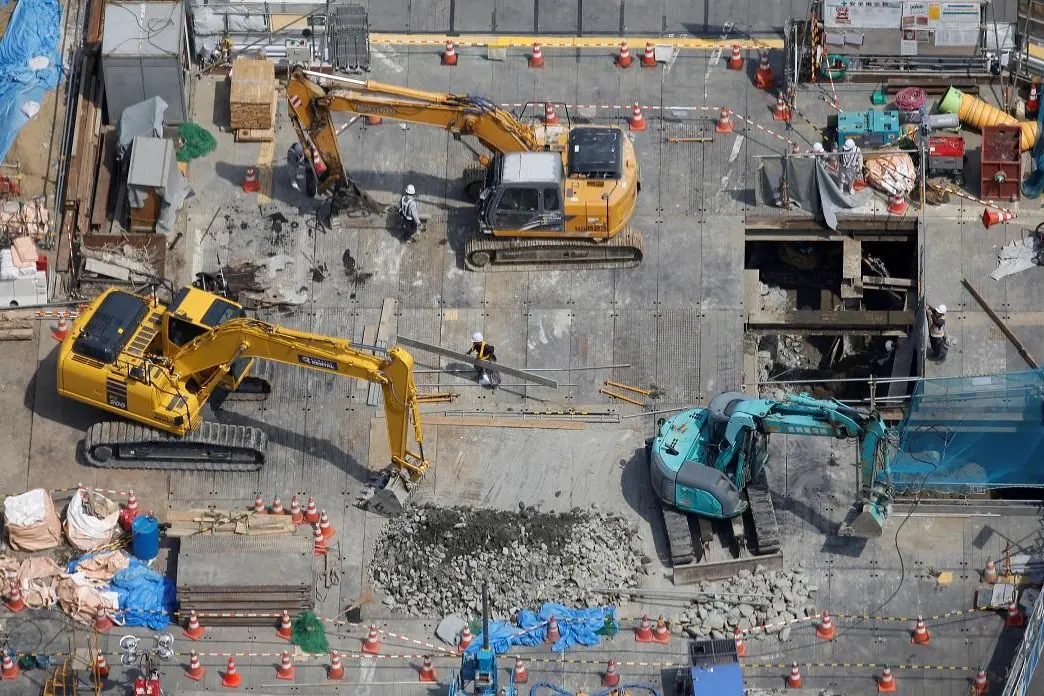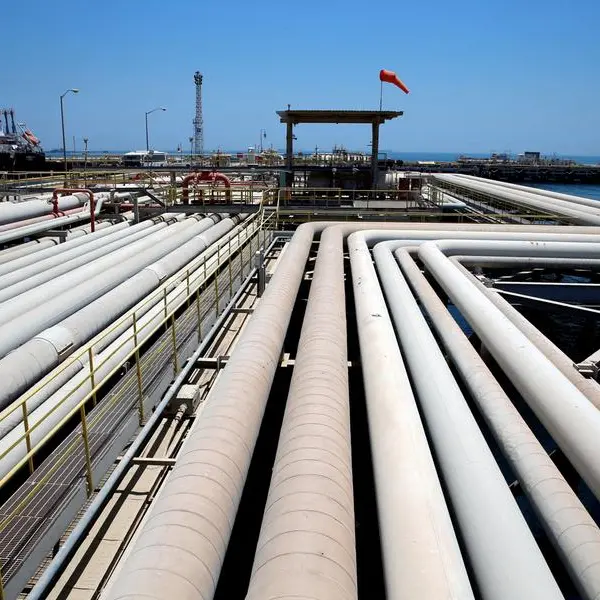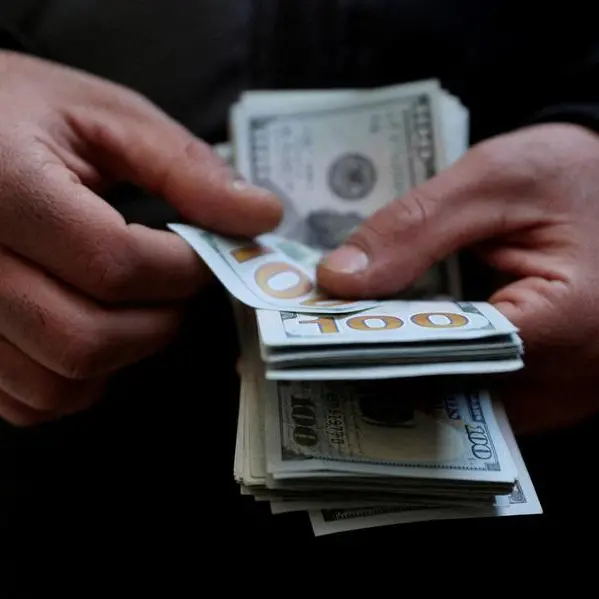PHOTO
TOKYO - Japan's core machinery orders tumbled in June at the fastest pace in six months, with firms expecting another modest drop in the third quarter in a sign capex may have peaked out as global trade friction clouds the horizon.
The 8.8 percent fall in core machinery orders, a highly volatile data series regarded as a leading indicator of capital spending, was more than the median estimate for a 1.3 percent decline in a Reuters poll and marked the biggest drop since December 2017.
Manufacturers surveyed by the Cabinet Office have forecast core orders will edge down 0.3 percent in July-September after a 2.2 percent increase in April-June.
The machinery orders, which come a day before data expected to show the economy resumed expansion in the second quarter due to robust consumer spending and capital expenditure, may heighten policymaker concerns about future growth.
"Machinery orders are moving in line with a temporary slowdown in global manufacturing activity," said Hiroaki Muto, an economist at Tokai Tokyo Research Center.
"Japan's economy will continue to grow but at a slightly slower pace. Trade friction is a risk, but there is no substantial impact so far."
Capex may have peaked out in the second quarter and will grow at a slower pace in the future, Muto added.
By sector, orders from manufacturers slumped by 15.9 percent in June, after a 1.3 percent increase in May, hit by lower orders from makers of electronics, chemicals and heavy equipment, the data showed.
Orders fell partly because some manufacturers curbed output after a magnitude 6.1 earthquake struck Osaka, Japan's second-biggest metropolis, in mid-June, according to Hiroshi Miyazaki, senior economist at Mitsubishi UFJ Morgan Stanley Securities.
Manufacturer orders could weaken further if Japan becomes ensnared in U.S. President Donald Trump's protectionist trade polices aimed at reducing the U.S. trade deficit.
"We don't know if the United States will raise auto tariffs on Japan, but the mere threat of trade friction means Japanese companies could preemptively move more production overseas," Miyazaki said.
"This would make companies less inclined to invest in Japan."
Service-sector orders decreased 7.0 percent in June, versus a 0.2 percent increase the previous month, due to lower orders from the retail, wholesale and construction industries.
The Cabinet Office lowered its assessment of machinery orders, saying a recovery in orders has paused.
OVERSEAS ORDERS
In another sign of concern, machinery orders from overseas fell 12.0 percent in June, the biggest decline in more than two years. Miyazaki said that was due to slowing economic momentum in Europe and China.
That came as German industrial orders fell more than expected in June, posting their steepest monthly drop in nearly 1-1/2 years.
Japan's gross domestic product (GDP) is expected to have expanded at an annualised rate of 1.4 percent in the second quarter, the Reuters poll of 16 analysts showed.
That would translate to a 0.3 percent expansion in April-June from the previous quarter.
In January-March, the economy shrank at an annualised rate of 0.6 percent, marking the end to eight straight quarters of growth.
(Reporting by Stanley White; Editing by Joseph Radford)
© Reuters News 2018





















